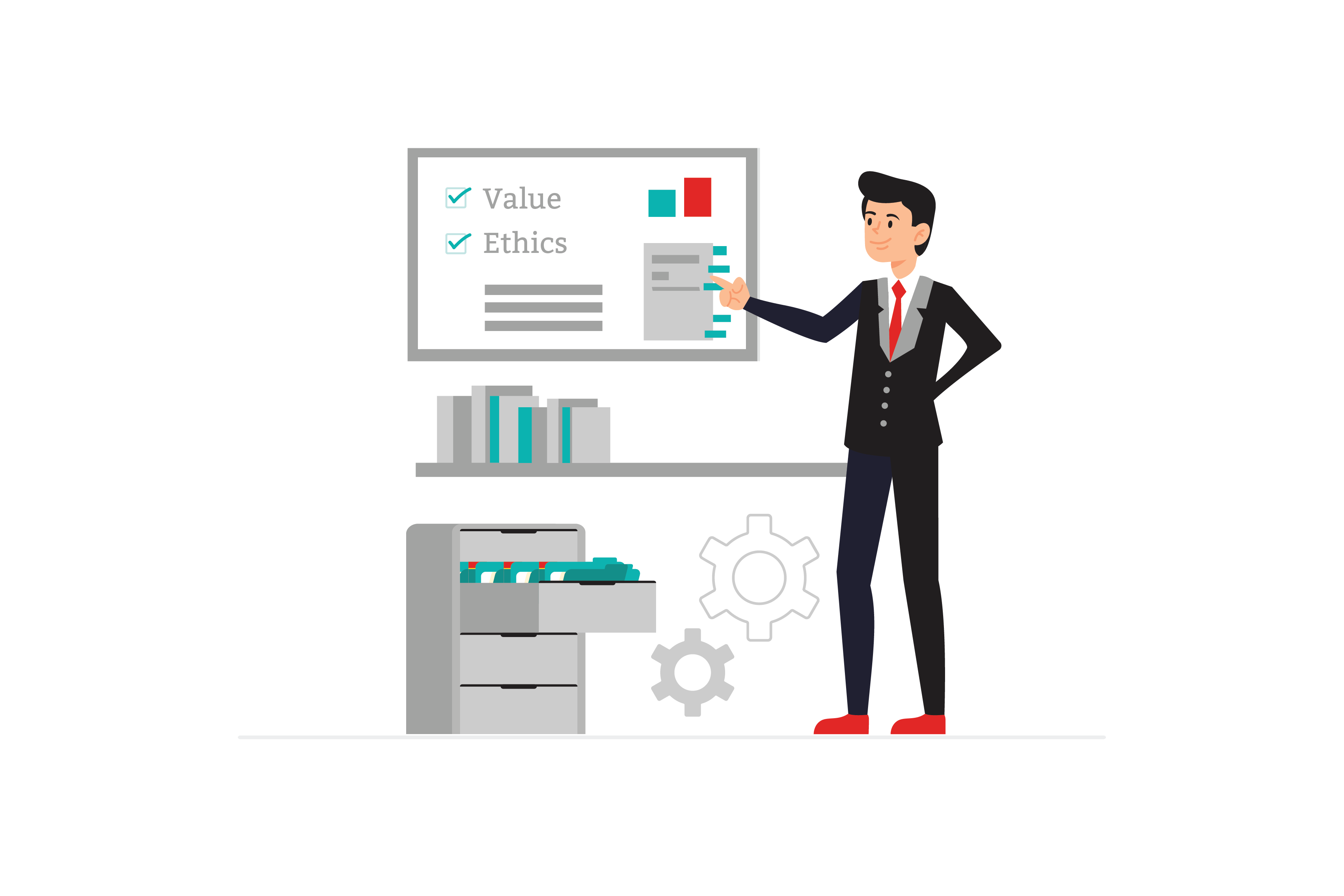INDUSTRIAL ACCOUNTING IN TRANSPORTATION
According to the definition from a renowned manual (Matz, A., Curry, O.J., Frank G.W. (1957) Cost Accounting, South -Western), industrial accounting is a tool for Management that aims to determine the cost of products, operations, functions, and to compare actual costs and expenses with budgets and standards. It also provides the necessary cost data for performing calculations of comparative economic feasibility, thus enabling Management to make informed decisions in alignment with sales policies, production methods, procurement procedures, financial plans, and capital structure. The three fundamental phases of industrial accounting are cost identification, control, and analysis.
How does industrial accounting differ from the broader general accounting? Simplifying, it can be said that general accounting is a process of recording transactions related to external movements of the company; industrial accounting (or analytical accounting) is instead an internal tracking process.
The purpose of general accounting is to record all exchange relationships (sales, purchases, receipts, payments, etc.) between the company and the external environment. It’s mandatory as it is imposed by civil and tax regulations, and the balance sheet represents its summary document. General accounting is always retrospective and therefore provides information about past management.
Industrial accounting is not legally mandatory, and there’s no predefined methodology or structure to implement it; its application areas can be related to both retrospective and prospective analyses.
As seen in the definitions, therefore, being a non-obligatory process unlike general accounting, not all companies are equipped with an industrial accounting system. In the sector addressed in this article, road transport, the above-mentioned points are particularly evident, also for reasons we will discuss later.
A “third-party road transport” company provides freight transport services on behalf of clients who are manufacturers of goods that are external to it (the goods are not owned by the transporting company). This “transport service” constitutes the company’s product and is subject to pricing for clients.
How is this tariff defined? Theoretically, like any type of product or service, the tariff should be defined based on the cost of producing the product, with the addition of a margin. In practice, however, in this specific sector, things aren’t always this straightforward.
Road transport is a sector where, on specific routes, there’s a significant supply of services from transport operators. This substantial supply results in rather well-known “market values” for those operating in the sector. In road transport, especially for small-sized companies (which are quite common), it’s common practice to “adapt” their tariffs to market values, even without a precise understanding of the actual costs for providing that specific service.
Market awareness is undoubtedly important: knowing the values of tariffs applied at a given time on specific routes prevents the company from proposing tariffs above those values and thus avoids operating “out of market,” which would result in the service not being purchased.
However, the practice of exclusively adapting tariffs “to the market,” without a detailed knowledge of one’s own costs, is inherently risky for the company. The so-called “market,” in fact, is shaped by operators who may have completely different cost structures among themselves (for example, due to varying geographical locations or company sizes).
Merely knowing the market in which one operates, therefore, is not sufficient: it’s necessary to have a detailed understanding of one’s own costs to truly grasp how much “profit” (i.e., how much is the net income) is generated when providing a specific service.
Especially when compared to other sectors, what has just been mentioned might seem obvious and commonplace. However, in road transport, due to the aforementioned practice, it’s not at all obvious. Hence, it’s crucial, even in this sector, to reestablish “cost awareness.”
Every transport company, even small-sized ones, should therefore develop an industrial accounting system. Starting with theory and then applying and implementing it in practical cases. It’s only by developing such a system that there’s a real opportunity to understand one’s own costs in the most detailed manner possible. Consequently, it’s possible to know, for each individual route, what the cost and profit are in relation to the respective revenues.
Understanding one’s costs enables action:
- Retrospectively, to comprehend which routes have higher margins.
- Prospectively, to understand the true dynamics of pricing and propose tariffs that are truly economically sustainable for the company, irrespective of the market conditions in which it operates.




